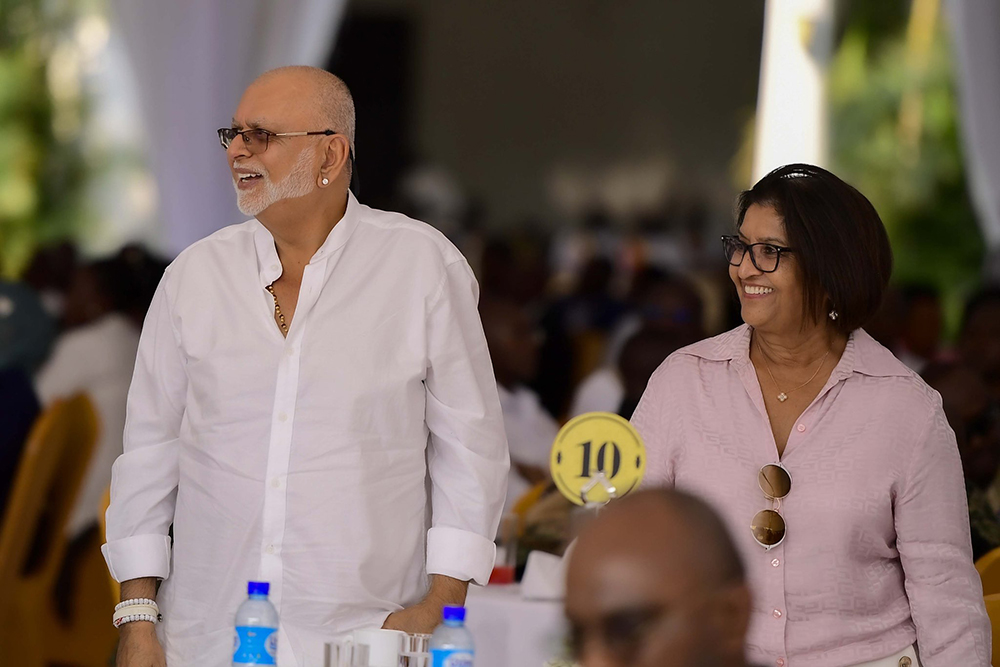Dr. Sudhir Ruparelia, Uganda’s wealthiest businessman and chairman of the Ruparelia Group, has called for the formal recognition of Uganda’s Asian community as one of the country’s tribes.
Born in Uganda to Indian descent, Dr. Sudhir shared his thoughts in a video posted on his TikTok account, ‘jointsofsudhir,’ where he passionately argued for the inclusion of Asians in Uganda’s social framework, just as other migrant groups have been recognized.
The Asian community, particularly those of Indian origin, has a long and complex history in Uganda, stretching back over 120 years.
During the colonial period, many Indians migrated to East Africa to work in various sectors, particularly in business. Over time, they became an integral part of the Ugandan economy, establishing themselves as successful traders and entrepreneurs.
However, their presence in the country has not been without challenges. One of the most notorious periods in Ugandan history occurred during the reign of former President Idi Amin in the 1970s when the Asian population was expelled from Uganda, and their businesses were nationalized and handed over to native Ugandans.
This drastic measure was a significant disruption for both the Asian community and the country’s economy.
Despite this period of upheaval, many Asians returned to Uganda after Amin’s regime collapsed, reclaiming their place as key contributors to the nation’s business landscape.
Today, the Asian community remains a driving force in Uganda’s economy, operating both large and medium enterprises. From manufacturing to real estate, finance, and hospitality, their influence in various sectors has grown steadily over the years.
In his video, Dr. Ruparelia stressed the economic contributions of the Asian community to Uganda, noting that while Asians make up only 0.001% of the country’s population, they contribute an astonishing 60 to 65% of Uganda’s total revenue.
This statistic reflects the immense economic footprint of the community, which has played a central role in creating jobs, fostering trade, and supporting the country’s overall development.
Dr. Ruparelia’s remarks also touched on a deeper, more personal connection to Uganda. Despite being of Indian descent, he views Uganda as his true home.
“Uganda is my home, and that alone shows how much I love it,” he said. “I can live anywhere, but Uganda is always my first home. I have homes in England and Dubai, but Uganda remains my first choice.” These words encapsulate the sentiments of many Asians who were born and raised in Uganda and who view the country not just as a place of business but as their homeland. For them, the call for recognition is not just about formal inclusion but about affirming their identity as Ugandans.
Dr. Ruparelia’s proposal has sparked renewed discussions about the role of Uganda’s Asian community in the country’s socio-cultural fabric. While their economic contributions are well recognized, the formal recognition of their community as one of Uganda’s tribes would be a significant cultural milestone.
It would not only acknowledge the historical presence of Asians in Uganda but also solidify their place in the country’s future.
The proposal invites broader reflection on the evolving nature of national identity and the importance of inclusivity in a multicultural society. Uganda is home to a diverse range of ethnic groups, and the recognition of the Asian community would mark an important step in embracing the contributions of all communities, regardless of their origins.
It could also foster a greater sense of belonging for future generations of Asians in Uganda, who, like Dr. Ruparelia, see the country as their first home.
As the debate unfolds, it remains to be seen whether the Ugandan government will take steps toward recognizing the Asian community as an official tribe.
What is clear, however, is that the conversation started by Dr. Ruparelia has opened a new chapter in the ongoing dialogue about national identity, migration, and the contributions of all Ugandans—regardless of their background.
